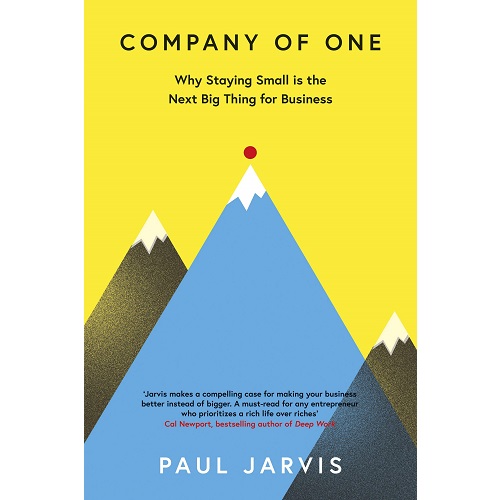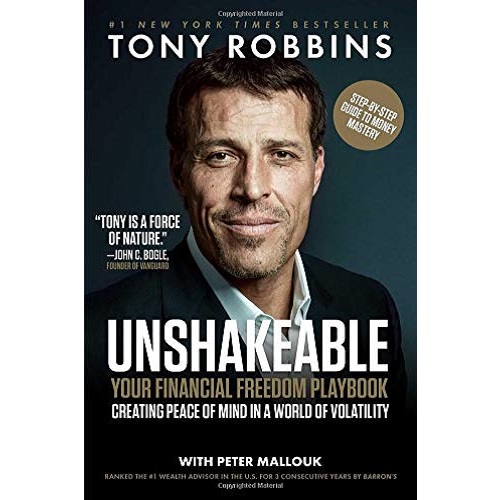-
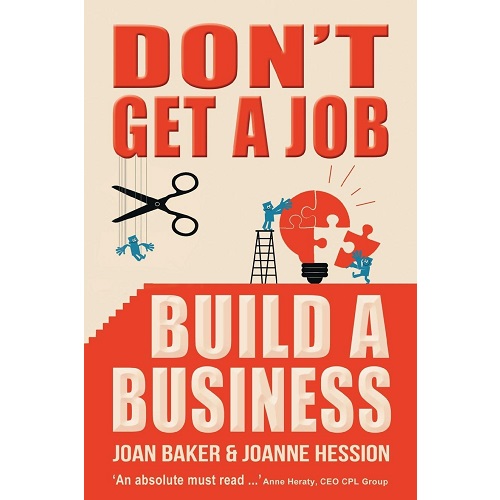
Don’t Get a Job, Build a Business
₦3,500By Joan Baker
This book is full of the kind of information you need to run a small business successfully – whether you are just starting out, or you have an established business and you want to develop it and ensure its survival. Through a series of ‘Killer Questions,’ the authors highlight all the important things you need to think about to make your business a success and ensure you are heading in the right direction. The book is divided into three sections: the first deals with the business owner themselves, the second addresses other people involved in the business, whether they are customers, suppliers, staff or consultants, and the third looks at the structure of and planning in the business. The informal approach and short chapters mean that the book can either be read straight through or be dipped in and out of for easy reference. The authors have a combination of fifty years’ business experience between them and are both currently involved in business training and coaching.
-
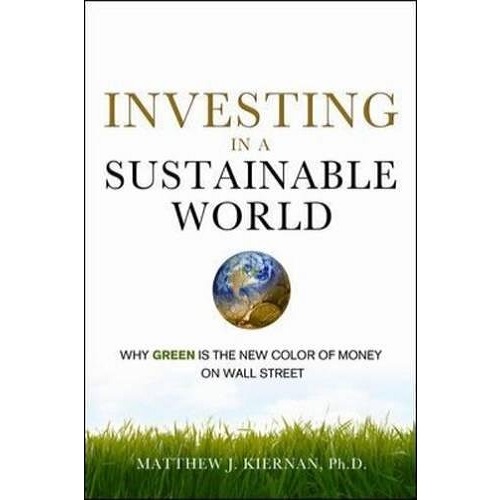
Investing in a Sustainable World: Why GREEN is the New Color of Money on Wall Street
₦6,000By Matthew Kiernan
Investing in a Sustainable World offers clear proof, through facts, figures, and hard documentation, that “going green” leads directly to better stock market performance…and that in visitors and companies who ignore it will, in fact, lose money. The book reveals the most powerful global megatrends―from the ongoing focus on emerging markets to natural resource depletion―which are transforming the very basis on which companies will compete, and offers an approach to sustainability-enhanced investing beneficial to both investors and companies.
-
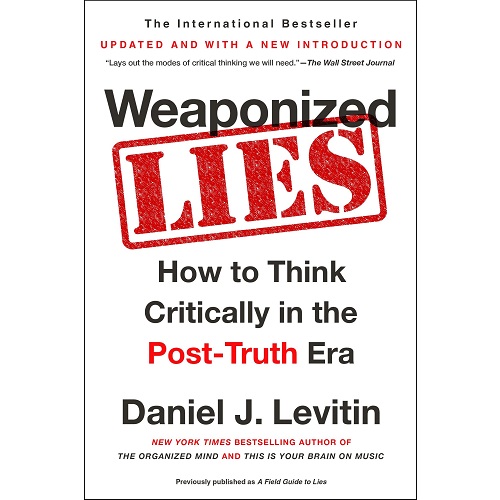
Weaponized Lies: How to Think Critically in the Post-Truth Era
₦4,000Previously Published as A Field Guide to Lies
We’re surrounded by fringe theories, fake news, and pseudo-facts. These lies are getting repeated. New York Times bestselling author Daniel Levitin shows how to disarm these socially devastating inventions and get the American mind back on track. Here are the fundamental lessons in critical thinking that we need to know and share now.
Investigating numerical misinformation, Daniel Levitin shows how mishandled statistics and graphs can give a grossly distorted perspective and lead us to terrible decisions. Wordy arguments on the other hand can easily be persuasive as they drift away from the facts in an appealing yet misguided way. The steps we can take to better evaluate news, advertisements, and reports are clearly detailed. Ultimately, Levitin turns to what underlies our ability to determine if something is true or false: the scientific method. He grapples with the limits of what we can and cannot know. Case studies are offered to demonstrate the applications of logical thinking to quite varied settings, spanning courtroom testimony, medical decision making, magic, modern physics, and conspiracy theories.
This urgently needed book enables us to avoid the extremes of passive gullibility and cynical rejection. As Levitin attests: Truth matters. A post-truth era is an era of willful irrationality, reversing all the great advances humankind has made. Euphemisms like “fringe theories,” “extreme views,” “alt truth,” and even “fake news” can literally be dangerous. Let’s call lies what they are and catch those making them in the act.
-
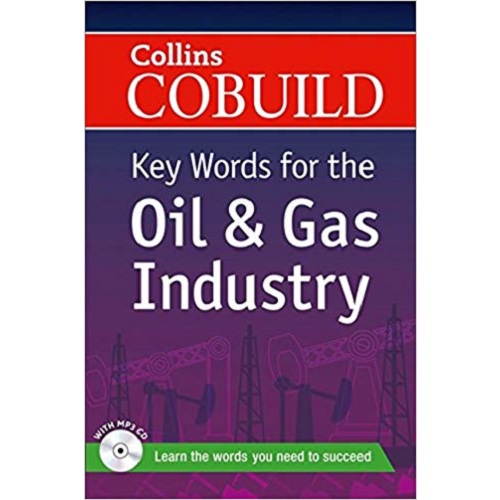
Key Words for the Oil and Gas Industry (Collins Cobuild)
₦3,500This is a vocabulary book aimed at anyone who wants to study or work in the oil and gas industry. The title contains the 500 most important words and phrases you will need to succeed and includes practice material to make sure you really learn them.
-

Key Words for Insurance (Collins Cobuild)
₦3,500This vocabulary book is aimed at anyone who wants to study or work in the insurance profession. It contains the 500 most important words and phrases you will need to succeed and includes practice material to make sure you really learn them.
-

Key Words for Finance (Collins Cobuild)
₦3,500This vocabulary book is aimed at anyone who wants to study or work in the finance industry. It contains the 500 most important words and phrases you will need to succeed and includes practice material to make sure you really learn them.
-

Key Words for Electrical Engineering (Collins Cobuild)
₦3,500A vocabulary book aimed at anyone who wants to study or work in the field of electrical engineering. It contains the 500 most important words and phrases you will need to succeed and includes practice material to make sure you really learn them.
-
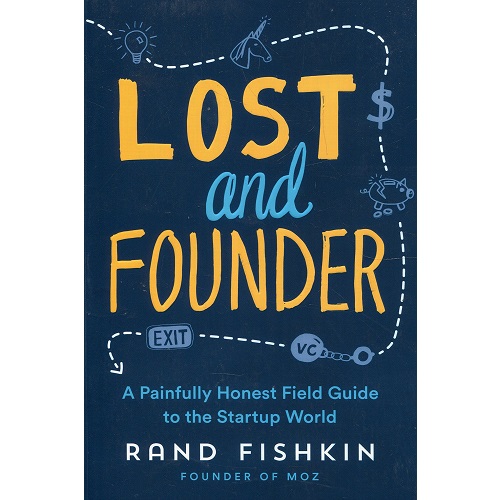
Lost and Founder: A Painfully Honest Field Guide to the Startup World
₦9,000‘You won’t find a more honest, raw and helpful look into the trenches of founding a tech startup than this book’ Nir Eyal, author of Hooked
‘Rand Fishkin is the real deal’ Seth Godin, entrepreneur and author
———–
Everyone knows how a startup story is supposed to go: a young, brilliant entrepreneur has an cool idea, drops out of college, defies the doubters, overcomes all odds, makes billions and becomes the envy of the technology world.This is not that story.
Rand Fishkin, the founder and former CEO of Moz, is one of the world’s leading experts on SEO. Moz is now a $45 million a year business, but Fishkin’s business and reputation took 15 years to grow, and his startup began not in a Harvard dorm room but as a mother-and-son family business that fell deeply into debt.
Now Fis
-
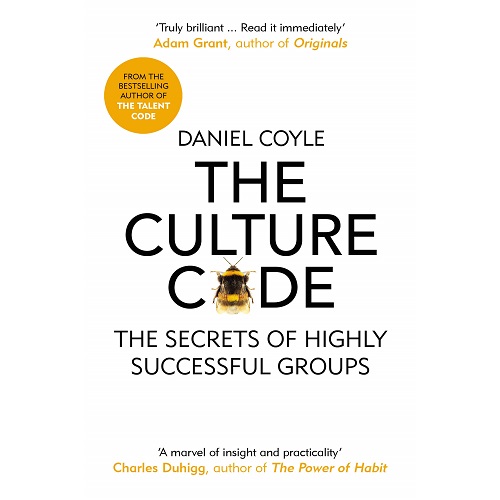
The Culture Code: The Secrets of Highly Successful Groups
₦6,000How do you build and sustain a great team?
The Culture Code reveals the secrets of some of the best teams in the world – from Pixar to Google to US Navy SEALs – explaining the three skills such groups have mastered in order to generate trust and a willingness to collaborate. Combining cutting-edge science, on-the-ground insight and practical ideas for action, it offers a roadmap for creating an environment where innovation flourishes, problems get solved, and expectations are exceeded.
-
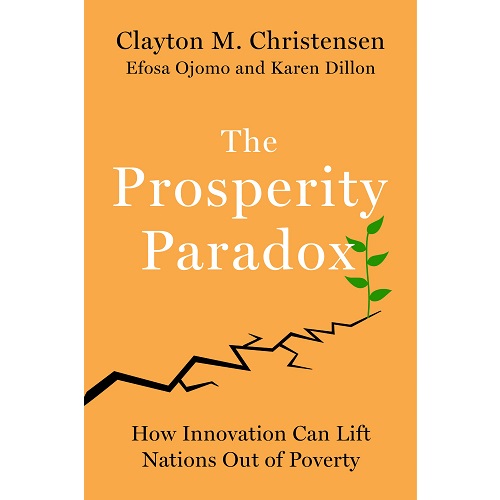
THE PROSPERITY PARADOX: How Innovation Can Lift Nations Out of Poverty (Harper Business)
₦8,000Clayton M. Christensen, the author of such business classics as The Innovator’s Dilemma and the New York Times bestseller How Will You Measure Your Life, and co-authors Efosa Ojomo and Karen Dillon reveal why so many investments in economic development fail to generate sustainable prosperity, and offers a groundbreaking solution for true and lasting change.
Global poverty is one of the world’s most vexing problems. For decades, we’ve assumed smart, well-intentioned people will eventually be able to change the economic trajectory of poor countries. From education to healthcare, infrastructure to eradicating corruption, too many solutions rely on trial and error. Essentially, the plan is often to identify areas that need help, flood them with resources, and hope to see change over time.
But hope is not an effective strategy.
Clayton M. Christensen and his co-authors reveal a paradox at the heart of our approach to solving poverty. While noble, our current solutions are not producing consistent results, and in some cases, have exacerbated the problem. At least twenty countries that have received billions of dollars’ worth of aid are poorer now.

